2020

After more than 130 years of successful corporate history, during which we have relied on two business units, a new era begins for vanBaerle on December 2nd, 2020. We sell our Swiss hygiene business to Ecolab and will focus fully on the silicates business in the future.
2017
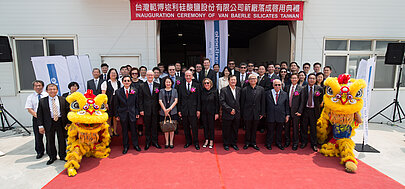
On April 19th 2017, vanBaerle opens a new silicate plant in the Taiwanese port of Taichung. The 5,250m2 site is currently run by nine employees working in the laboratory and production. Our subsidiary vanBaerle Silicates Taiwan uses the Taichung site as a base to serve the Asian market.
Through the creation of a pure holding company, with effect from June 30th 2017, our legal form is adapted in line with the Group's business structure. The Hygiene business was spun off into a new, independent company, vanBaerle Hygiene AG. The Silicates business remains within vanBaerle AG, which, at some point in the future, will be renamed vanBaerle Silicates AG. All support functions for the whole vanBaerle Group are united in another new company, vanBaerle Management AG.
In August 2017, a new subsidiary, vanBaerle Swiss Hygiene GmbH, is established in Lörrach, Germany.
2016
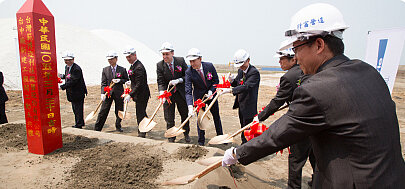
On March 30th 2016, the foundation stone is laid for our new silicate plant in Taichung, Taiwan. This project will enable us to consolidate the successful and longstanding presence of our silicate products in the Asian market. Local production will allow us to respond more flexibly to customer requirements while eliminating long, environmentally harmful transportation routes.
2013
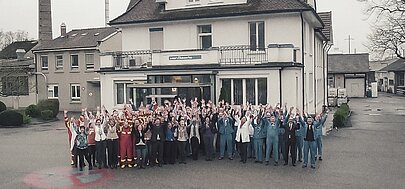
vanBaerle celebrates its 125th anniversary. To mark the occasion, the employees at the Münchenstein site shoot a lip dub video. The anniversary celebration is attended by the entire workforce.
2012
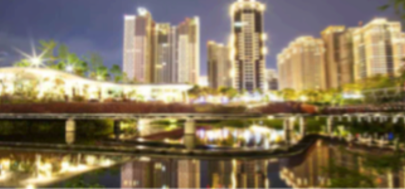
Establishment of subsidiary, vanBaerle Silicates Taiwan Co Ltd, in Taipei. The vanBaerle Group acquires a plot of land in Taichung, Taiwan, for the purpose of building a dissolving plant.
2010
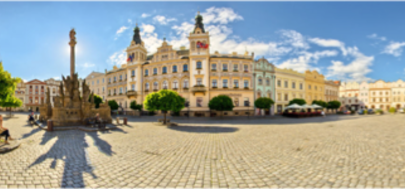
Establishment of subsidiary, vanBaerle Swiss Hygiene s.r.o., in Pardubice, Czech Republic.
2009
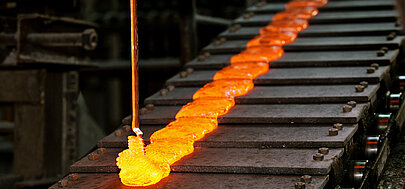
The vanBaerle Group invests in the refurbishment of the silicate melting furnace in Münchenstein. The new installation cuts energy consumption by around 10% and is more reliable under permanent operating conditions.
2008
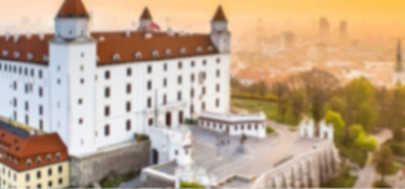
vanBaerle, in partnership with the Czech KOMA Group, sets up vanBaerle VS s.r.o. The joint venture is responsible for selling selected silicate products from the portfolios of both partners to companies in Austria and an adjoining region extending up to Russia.
2007
vanBaerle acquires the professional hygiene business unit of Held AG at a cost of some CHF 1.2 million.
2006
The Silicates business unit relaunches the Silacot and Silacoll fire protection product lines.
The vanBaerle Group revamps its corporate design.
2005
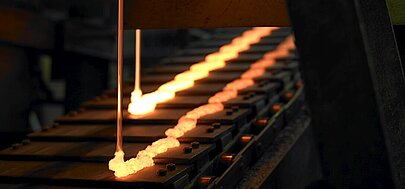
The melting furnace for potassium silicate glass at the Münchenstein site comes back into operation.
2003
The General Assembly decides to change the company name from van Baerle & Cie AG to vanBaerle AG.
2002
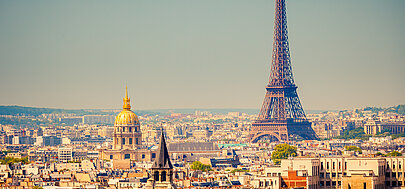
vanBaerle sets up a subsidiary, vanBaerle France S.A.S., in Mulhouse, France. This will represent the vanBaerle Group in the European Union and ensure compliance with the EU Chemicals Regulation (now better known as REACH).
2001
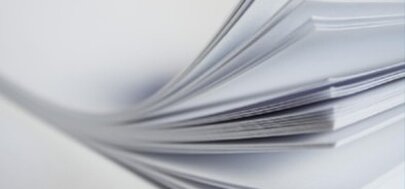
In response to the concentration trends within the European paper industry, vanBaerle decides to sell its paper chemicals division to the Finnish company Kemira AG. The business area includes paper sizes and polymers for paper and cardboard manufacture, with annual sales totalling around CHF 5 million.
2000
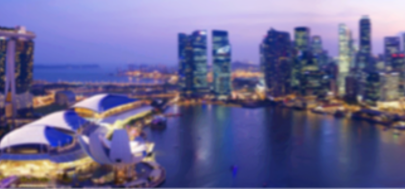
On August 10th 2000, vanBaerle strengthens its Asian presence by setting up a subsidiary, vanBaerle Silicates (S) Pte Ltd, in Singapore.
vanBaerle adds the innovative Ambiance product line to its hygiene range. The key feature of the Ambiance products is their use of microorganisms to break down the unwanted organic materials.
1998
vanBaerle acquires the professional hygiene business of MIFA, a Migros Group subsidiary, at a cost of CHF 4 million.
1996
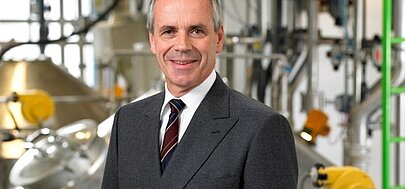
Daniel Schenk succeeds previous major shareholder Rolf Eberenz as new major shareholder and Delegate of the Board of Directors.
The last members of the van Baerle family leave the company.
1990
On November 20th 1990, vanBaerle receives the Basel Innovation Prize for its development of the RESOPLAN paper sizing process. The award is presented by councillors Feldges (Canton of Basel-Stadt) and Spitteler (Canton of Baselland).
1988
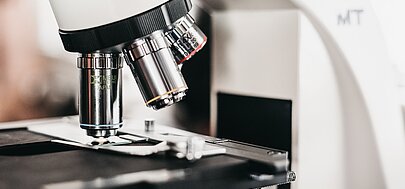
The company celebrates its centenary under the banner "Experience for the Future".
1986
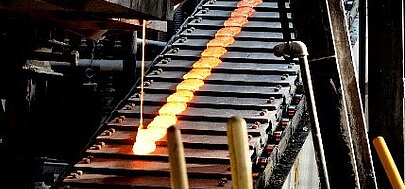
vanBaerle starts up a new silicate production facility and builds a glass melting plant.
1979
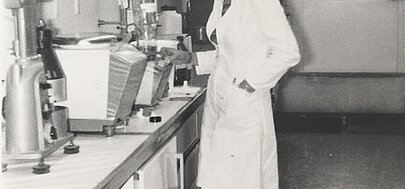
vanBaerle successfully expands its paper chemicals business and starts production of styrene maleic anhydride copolymers (SMAC) as the basis for its specialty surface paper sizing products.
1963
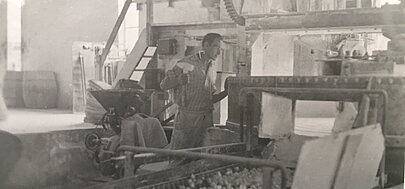
The start of paper chemicals production marks the definitive transition from the old vanBaerle "soap factory" to a modern chemicals-sector company.
1960
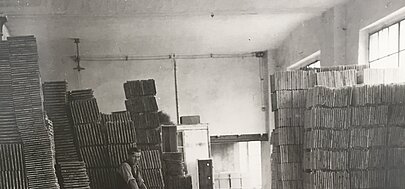
The production of Ehasol resin size paves the way for the creation of the paper chemicals division.
1952
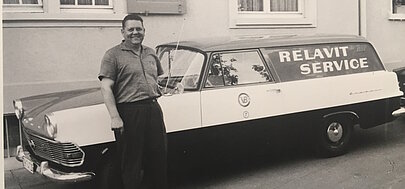
With RELAVIT/RELAXIN, vanBaerle becomes one of the first Swiss manufacturers to market automatic dishwashing products.
1945
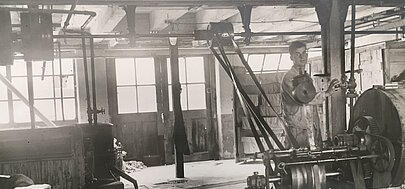
Even before the war, a shift was emerging in vanBaerle's customer structure (up to then, household consumables). The advent of the automatic washing machine triggers a gradual decline in the domestic use of soap. It is superseded by washing powders, in which soap is partly replaced by so-called surfactants (manufactured by large chemical corporations). vanBaerle adapts to this development in 1945 by implementing various restructuring measures: the focus of manufacturing is shifted to products that cater for major buyers and bulk consumers. Light and heavy industry, and later agriculture, are targeted as the main source of customers. This lays the foundation for an expansion of trading activities and the manufacture of new specialty products for specific industries. vanBaerle continues to prioritize water glass along with all water-glass-based products.
1943
In 1943, the company changes its legal form from a Kommanditgesellschaft (limited partnership) to an Aktiengesellschaft (joint-stock company). Felix van Baerle Snr retires after 45 years in the company. His son, Felix van Baerle Jnr, assumes the position of commercial and Dr. Alexander van Baerle that of technical manager. Felix van Baerle Snr continues to act as Chairman of the Board of Directors until his death in 1949.
1939
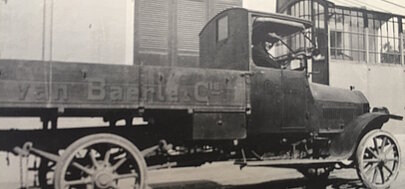
In the course of the war years up to 1945, supply shortages occur for certain products: by official order, the fat content of soap products has to be reduced by approx. 20%. Ration coupons for soap and other crucial government measures make life very hard for the workforce, whose numbers have already shrunk due to military service drafting. The supply of water glass, imported from abroad since 1925, ceases from one day to the next. This prompts vanBaerle to build a modern electric furnace, which – though originally planned only as a temporary solution for the war years – remains in operation until well into the 1960s.
1930
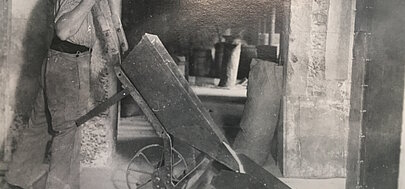
The company survives the Great Depression of the early 1930s relatively unscathed. It expands its activities: the trade in chemicals, previously limited to the raw materials for soap manufacture, is extended to include other items. Linseed oil is now used not only in the production of soft soaps, but also to make other products such as varnishes for the protection of paintings. Cleaning powder and washing soda are manufactured in bulk while hard (curd) soap gains increasing significance.
Particular priority is given to water glass: vanBaerle makes every effort to improve the standard of this product and supply each customer with the quality that best suits its purposes.
The company starts manufacturing sodium metasilicate, a new product at that time, which is set to become increasingly important.
1928
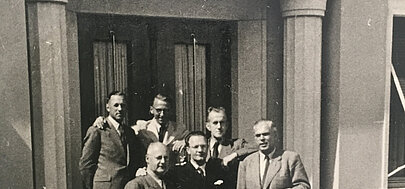
Felix van Baerle, second son of the company owner, joins his brother Alexander in the family business.
1923
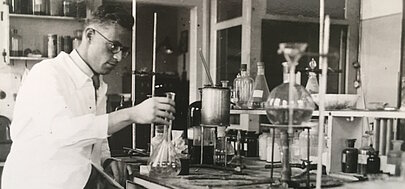
The years after the First World War are anything but easy for vanBaerle. The emergence of foreign competition forces the company to shut down its water glass melting furnace and limit itself to processing externally purchased water glass. The raw materials now available on the market once again allow the supply of quality products. vanBaerle concentrates on the manufacture of a premium-grade soft soap.
Dr. Alexander van Baerle, chemist and son of the company owner, joins the company.
1914
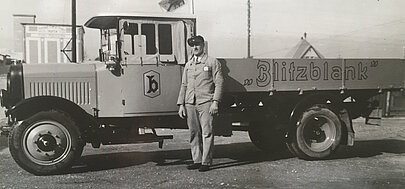
The Swiss business community is completely unprepared for the First World War. The shock is so great that vanBaerle shuts down its factory for several weeks. Business then picks up again and vanBaerle builds two new water glass furnaces. The demand is so strong that water glass is often dispatched before it has fully cooled.
All other products, with the exception of BLITZBLANK, play only a secondary role. Raw material shortages force vanBaerle to fall back on substitute materials, with declining quality as the consequence.
1911
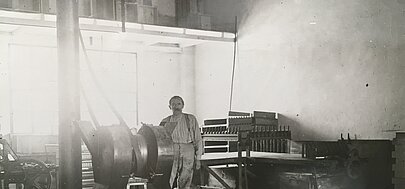
Alexander van Baerle leaves the company so that he can fully devote himself to the paternal business in Worms, Germany. Now the sole owner, Felix van Baerle continues to run the business as a Kommanditgesellschaft (limited partnership) under the name "van Baerle & Cie.".
vanBaerle builds Switzerland's first water glass furnace. Up to this time, all molten water glass has been supplied by the Worms factory for further processing (dissolution) in Münchenstein.
1898
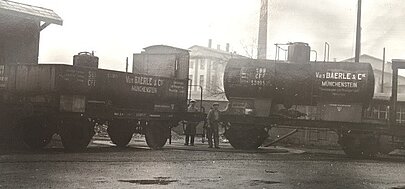
The urban project to move Basel's Badische Bahnhof railway station to its present location forces the company to abandon its Lange Erlen site. The plant is rebuilt in Münchenstein, south of Basel.
The young company manufactures soaps and chemical engineering products. Apart from soft soaps, vanBaerle produces washing powder, soda crystals and abrasive soap under the brand name "BLITZBLANK". While the genuine hard soaps are less in demand, so-called "dough soap" enjoys immense popularity.
In the engineering sector, vanBaerle mainly sells cleaning rags and mops that are washed with vanBaerle products. The company also operates a water glass dissolving plant. The lion's share of production is sold as an egg preservative.
1896
The Basel-based company becomes independent, operating under the name "Gebrüder van Baerle". With Eduard Wöllner having left the business, Alexander and Felix van Baerle are the company founders.
1888
Given the tremendous popularity of van Baerle & Wöllner products, particularly soft soap, in Switzerland, the proprietors decide to mark the company's 50th anniversary by opening a branch in Basel. The staff initially comprises 12 "workers", three "office clerks" and two "travelling salesmen".
1838
Vincenz van Baerle sets up a soft soap factory in Worms, Germany, which only a few years later starts to produce the recently invented material water glass. The "duality" of hygiene and silicate products, which has remained a hallmark of the company to the present day, can thus be traced back to the original business in Worms. When van Baerle's son-in-law Eduard Wöllner joins the company, its name is changed to "van Baerle & Wöllner".
